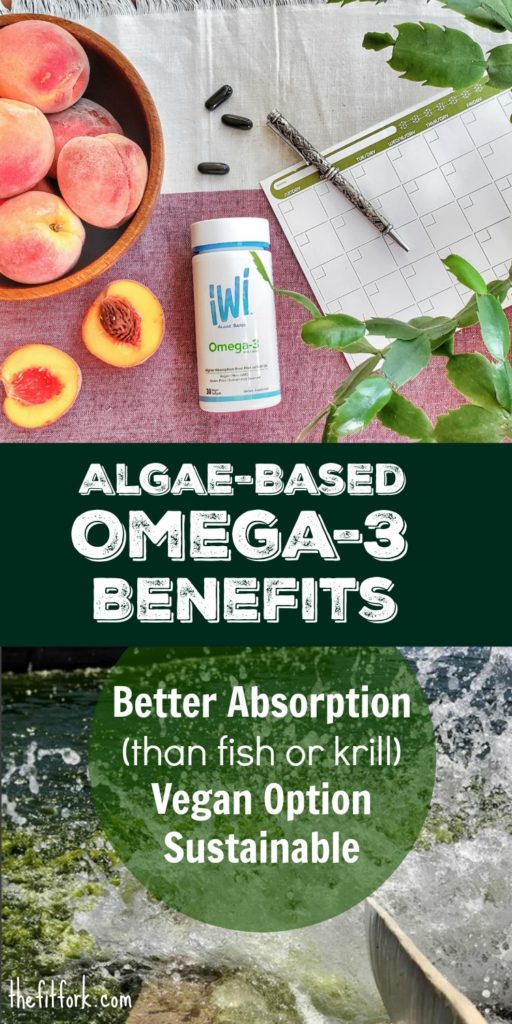This post is sponsored by iWi but the content and opinions expressed here are my own.
You run, you lift, you play sports, you lead an active lifestyle. You may also eat clean or follow a diet to help optimize your performance. It’s amazing what certain nutrients can do to help our bodies recover more quickly so that we can jump right into the next day’s challenges.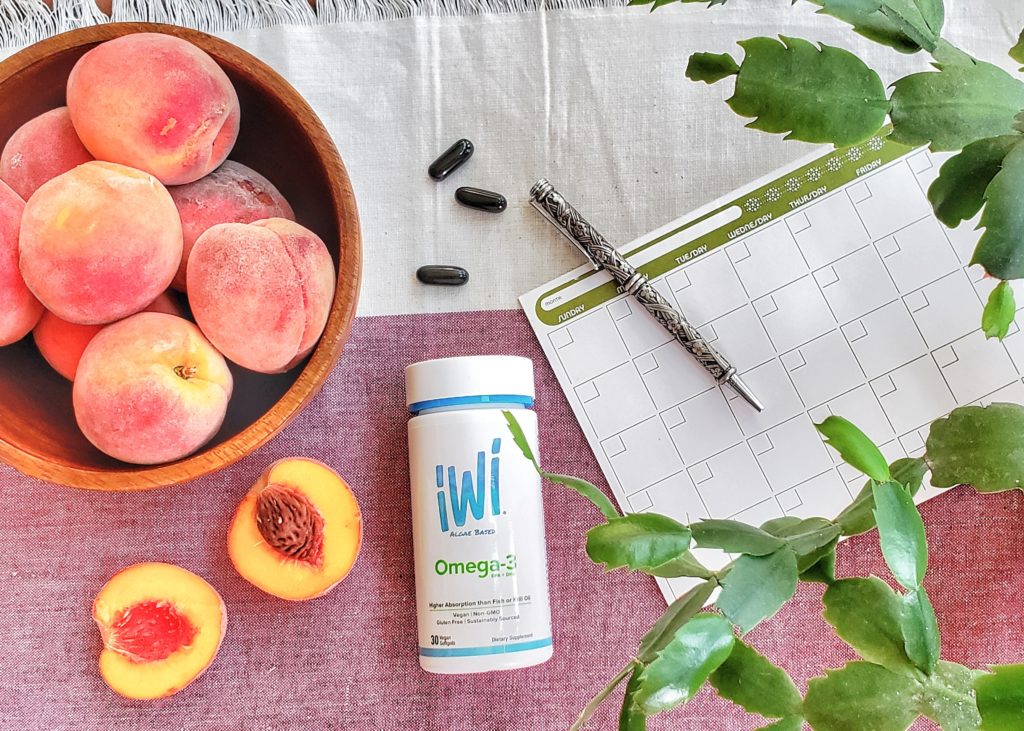
“Omega-3s” are one of those buzzwords that you’ve probably heard thousands of times along your health, wellness and/or fitness journey. If you’ve ever wondered exactly what omega-3 fatty acids are, what the do and how they can help you as an athlete, read on!
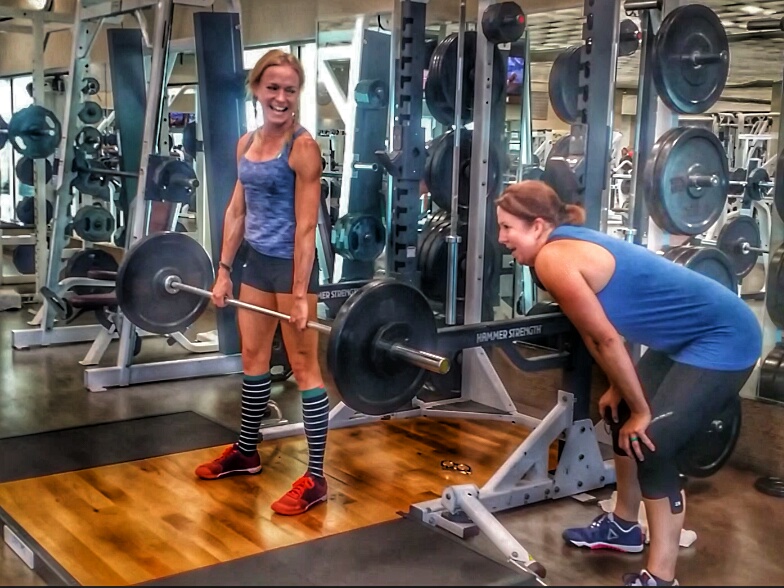 An important nutrient for athletes, omega-3 fatty acids have been shown to quicken workout recovery by reducing inflammation and improving protein synthesis which may enhance workout gains. In fact, everyone benefits from omega-3s, as they are also essential for cardiovascular, brain, joint, eye and skin health as well as fetal development and a reduced incidence of certain kinds of cancer. A huge caveat though, your body doesn’t make omega-3 fatty acids, instead they must be obtained through diet or supplementation.
An important nutrient for athletes, omega-3 fatty acids have been shown to quicken workout recovery by reducing inflammation and improving protein synthesis which may enhance workout gains. In fact, everyone benefits from omega-3s, as they are also essential for cardiovascular, brain, joint, eye and skin health as well as fetal development and a reduced incidence of certain kinds of cancer. A huge caveat though, your body doesn’t make omega-3 fatty acids, instead they must be obtained through diet or supplementation. 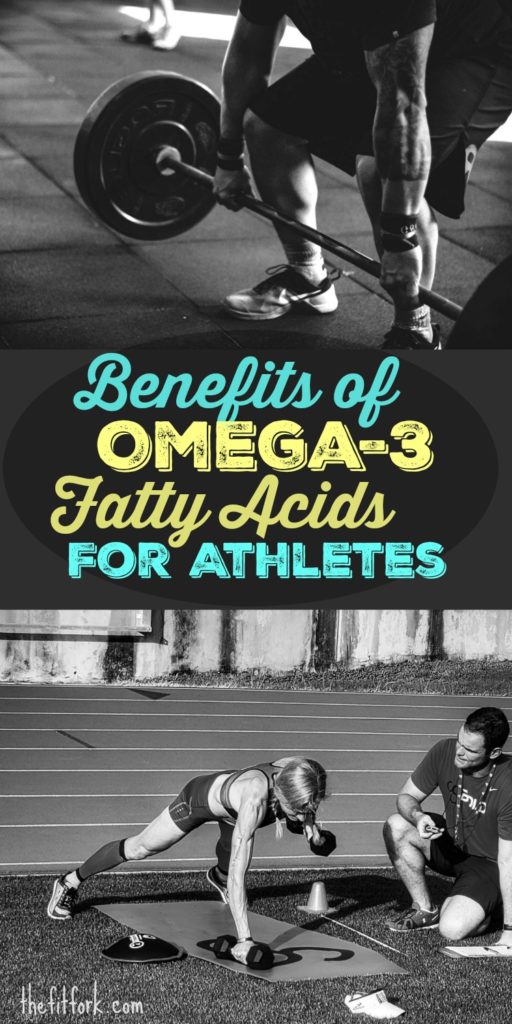
Omega-3 fatty acids fall into three types 1) eicosapentaenoic acid (EPA); 2) docosahexaenoic acid (DHA); and 3) alpha-linolenic acid (ALA). EPA and DHA are long-chain fatty acids are found most abundantly in fish, fish oil supplements, and algae extract. ALA, the short-chain fatty acid, is found in plant sources like nuts, flax seed, chia seeds, avocado, and olive oil.
Naturally, it’s beneficial to bring these healthy foods into your diet, they are all good sources of Omega-3s and other important nutrients as well. However, to get enough omega-3 fatty acids, it may be necessary to supplement as often it is inconvenient or impossible to eat enough of the specific foods to get to the minimum recommended amount of 250 to 500 mg. per day. Athletes typically require even more omega 3s to offset increased free radical damage causing inflammation and help taxed muscles, joints and ligaments repair, and keep arteries clear and blood flowing efficiently through the body and to the muscles. Some sports nutrition gurus recommend up to 0.5 grams of omega-3 in the form of EPA and DHA per 10 pounds of body weight for healthy individuals.
There are all sorts of omega-3 fatty acid supplements on the market, with, generically speaking, “fish oil” gel capsules being the one most of us take of have heard about. However, burp, there’s that awful fishy aftertaste, and they are also not vegan/vegetarian – these can be deal breakers for some.
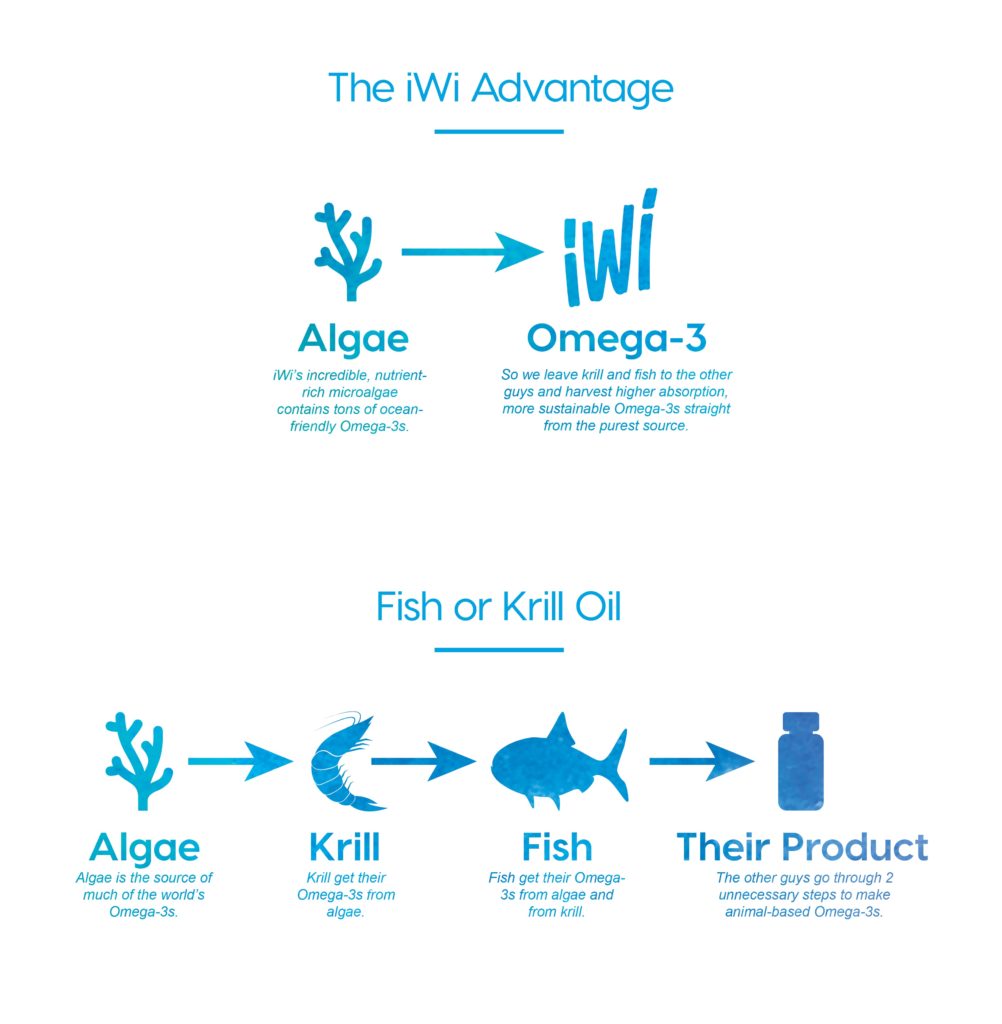
But, hello, algae-based omega-3 fatty acids! iWi® Omega-3 EPA+DHA is a vegetarian/vegan source of omega-3 made from sustainably-sourced algae. Again, most people think of fish or krill when it comes to omega-3s, but actually an algae-based fatty acid is better able to help us absorb the nutrients we need to thrive. And, you can see from the infographic above that it’s efficiently sourced. Perhaps the biggest advantage is that iWi® Omega-3 EPA+DHA has the highest bioavailability of any type of Omega-3 on the market. And, I’m not having those fish burps!
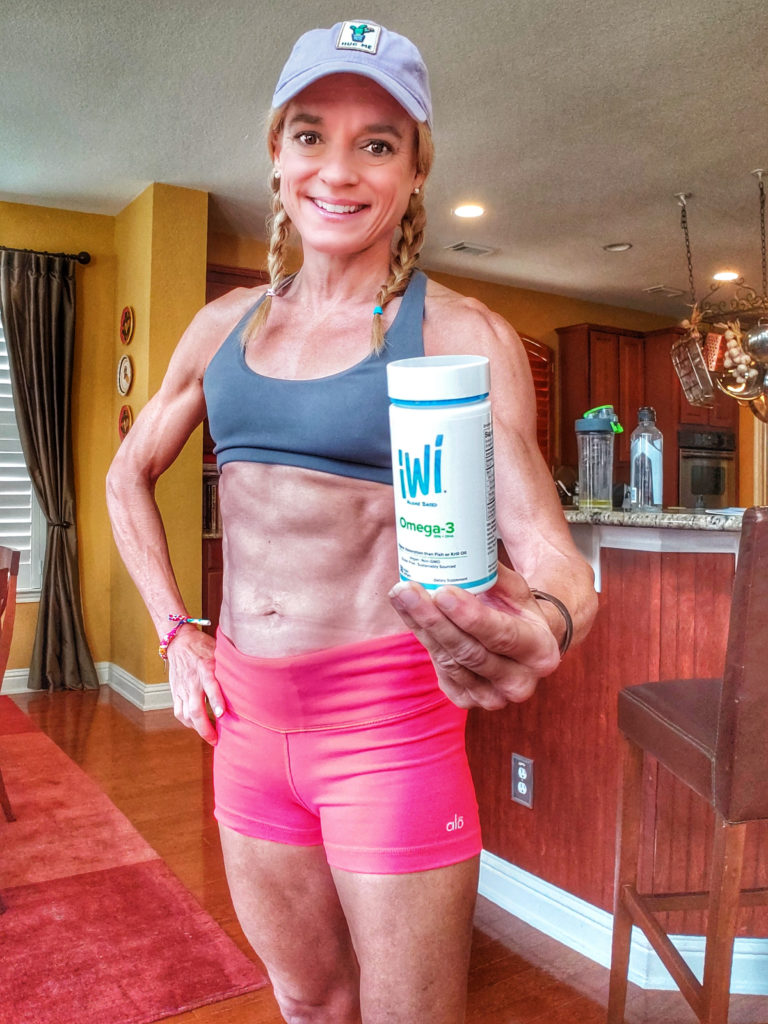
Other things to love about the iWi® brand. They are born in the USA. They make efficient use of land that is not suitable for farming and the delicate ecosystem of the ocean is not bothered. Sunshine is their main source of energy. The process is sustainable and scalable and the brand is socially-aware, creating jobs in rural areas. iWi® Omega-3 EPA+DHAis non-GMO and suitable for all diet tribes, including vegan and vegetarian to paleo and keto. Just because you My eat meat doesn’t mean you can’t benefit from plant power! iWi® Omega-3 EPA+DHA us a low-impact, high-nutrition product that can help you optimize your ability for peak performance.
You can learn more about iWi® Omega-3 EPA+DHA and purchase it at Amazon – use the coupon code 15IWILIFEO to save 15% off your order.
What is your recovery like after a hard run or workout? Do you take any specific supplements to help reduce your recovery time and optimize future performance? Fish burps, they bother you? Please share in the comments – XOXO, Jennifer

